Modern work is “flexible”… until it isn’t. Texts at 7am. Drafting documents at 10pm. A calendar that shapeshifts hourly. The real skill now isn’t doing more, it’s knowing when to stop. These mindfulness micro-habits help any professional separate work from life, triage true crises, and leave the rest for tomorrow.
When it’s just not possible to shut down and you have to press forward, here’s a few ways to make it bearable.
60-second resets you can use anywhere
Ground through your feet. Place both feet on the floor, feel your weight in your heels, then toes. Ten slow breaths. This interrupts the stress loop and pulls you out of rumination. PR Daily
Alternate-nostril breathing (1–2 minutes). Gently close one nostril, inhale; switch sides to exhale. It’s a quick nervous-system reset between back-to-back meetings.
Move a little to think better. Stand, roll shoulders, walk the hallway. Short movement breaks restore focus and reduce tension.
At the end of the day, you have to call it quits. Don’t leave space for the endless loop, the work will be there tomorrow and as long as you gave it your best all day, you can’t carry it home with you too.
Create a nightly “shutdown sequence”
Write a “Later List.” Before you log off, make a list and the very next step for each task. Leaving tasks in writing lowers your mental load and helps you stop working in your head.
Create a three-bucket triage:
Crisis/Now: legal, safety, or reputational risk → act or escalate.
Important/Planned: big work that deserves protected time → block on calendar.
Waitlist: non-urgent items → batch for a weekly sweep.
One-line signoff ritual: Close with a consistent statement (“I’m off for today—back at 9am”) in Slack/Teams and email footer. Your team will learn your boundary.
We only have finite time in each day, setting obtainable objectives with measurable goals will help you feel more productive between 8-5pm and more restful from 5pm-8am. We’re in the same boat—let’s see how we can create more buckets with less spillover. There’s a time for work. A time for rest. And, hopefully still time for enjoyment. I’m certain balance (all around) will increase productivity and workplace happiness.
